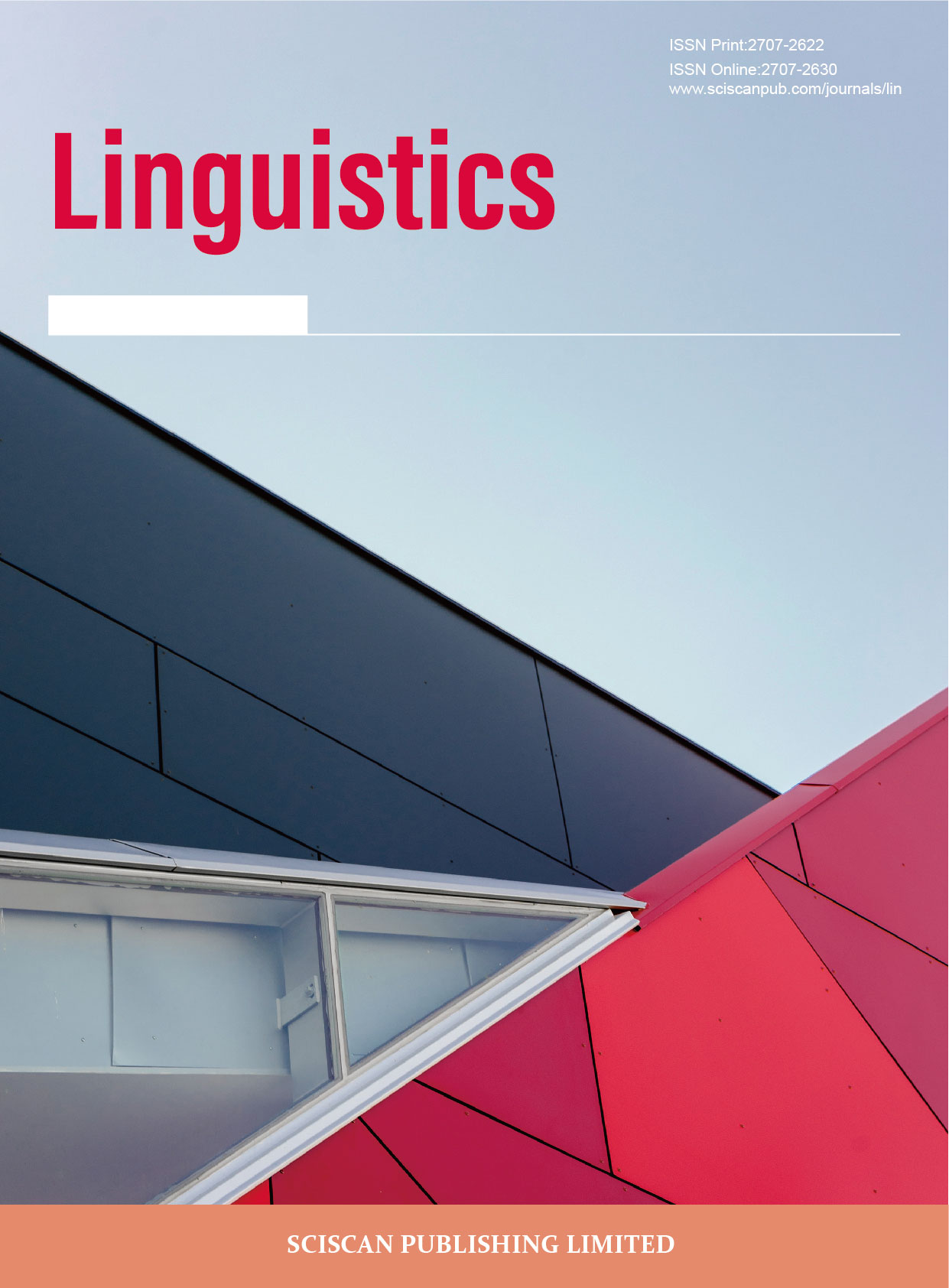Subscribe to the latest published information from SCISCAN
中国对外话语体系面临的挑战及应对思考
Thinking the Challenges and Strategies in the Building of China’s International Discourse System
- Authors: 周续¹ 牛振苗²
-
Information:
1.中国矿业大学(北京)文法学院,北京; 2.北京第二外国语学院高级翻译学院,北京
- Keywords: 对外话语体系;国际传播;国际话语权
- International discourse system; International communication; International discourse power
- Abstract: 本研究探讨了中国对外话语体系在新时代背景下面临的挑战及应对策略。随着全球话语竞争的不断加剧,中国致力于提升国际话语权和国家文化软实力。然而,在跨语际实践中,仍然面临话语立场、内容、表达以及传播渠道等方面的困境。因此,本研究着重分析了中国在国际传播中的不足之处,并提出相应的应对策略,如创新传播理念、优化话语内容和渠道,以及增强对外话语的创造力和公信力,以应对国际舆论挑战,特别是面对西方已建立起的话语霸权。通过综合国内外相关研究,本研究旨在为中国国际话语体系的构建提供理论见解和实践支持。
- This paper explores the challenges in how to build a Chinese international discourse system in the context of the new era, and the strategies to address them. With the increasing competition in global discourse, China is committed to enhancing its international discourse power and cultural soft power. However, it still encounters difficulties in discourse stance, content, expression, and communication channels in cross-linguistic practices. The study analyzes China’s disadvantages in international communication, especially in response to the challenges posed by the established discourse hegemony of the West. It also proposes strategies to address these challenges, including bettering communication concepts, discourse content and channels, and the creativity and credibility of international discourse. By synthesizing domestic and international research, this paper aims to provide theoretical and practical support for the building of China’s international discourse system.
- DOI: https://doi.org/10.35534/lin.0603018
- Cite: 周续,牛振苗.中国对外话语体系面临的挑战及应对思考[J].语言学,2024,6(3):237-247.














